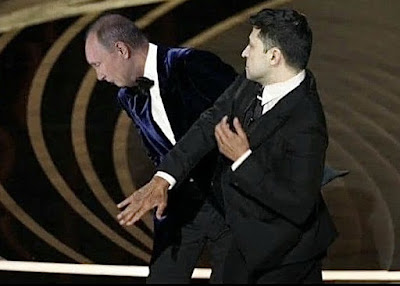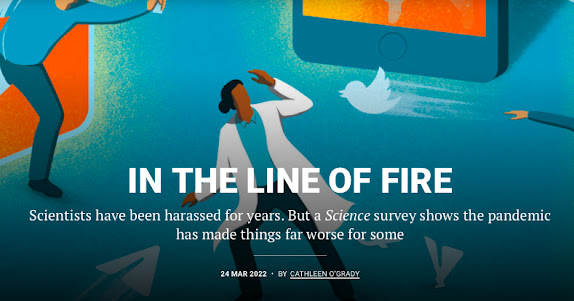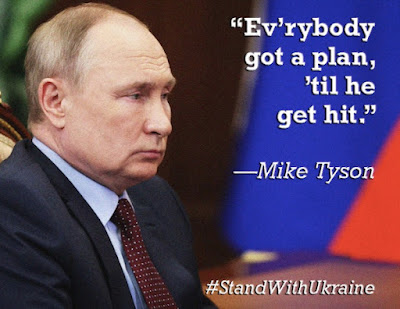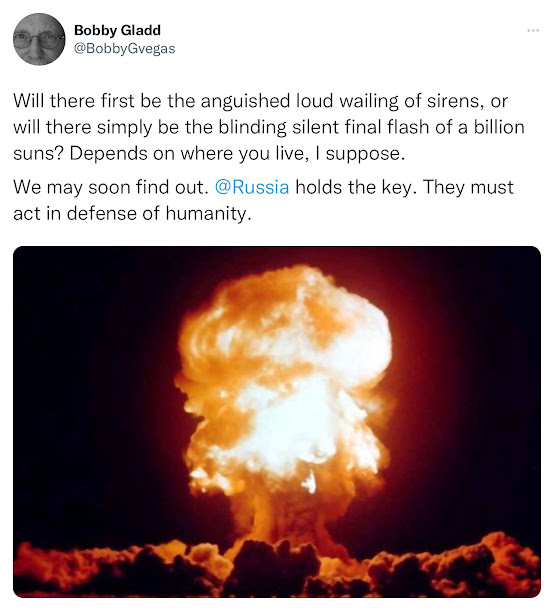Through in-depth conversations with multiple heads of U.S. intelligence agencies, diplomats, Russian politicians, historians and journalists, this special report chronicles events that shaped the Russian leader, the grievances that drive him, and how a growing conflict with the West exploded into war in Europe. From acclaimed filmmaker Michael Kirk and his team, the documentary traces how Putin went from low-ranking KGB agent to longtime Russian president. It delves into his crackdown on dissent — and the media — inside Russia. It reveals how he has tested the West’s appetite for confrontation over and over again, including in Ukraine in 2014, as he’s tried to expand Russia’s global footprint. And it raises difficult questions about the path forward. Watch the documentary for an urgent examination of what led to this historic moment and how it could still unfold.
Take democracy seriously. Teach it, debate it, improve it, defend it. Maybe there is no natural liberal world order, but there are liberal societies, open and free countries that offer a better chance for people to live useful lives than closed dictatorships do. They are hardly perfect; our own has deep flaws, profound divisions, terrible historical scars. But that’s all the more reason to defend and protect them. Few of them have existed across human history; many have existed for a time and then failed. They can be destroyed from the outside, but from the inside, too, by divisions and demagogues...
____________
THE SLAP I WANT TO SEE







































